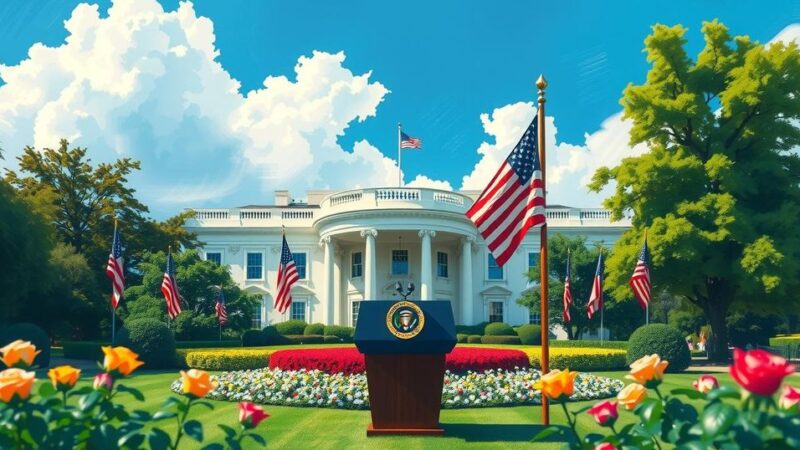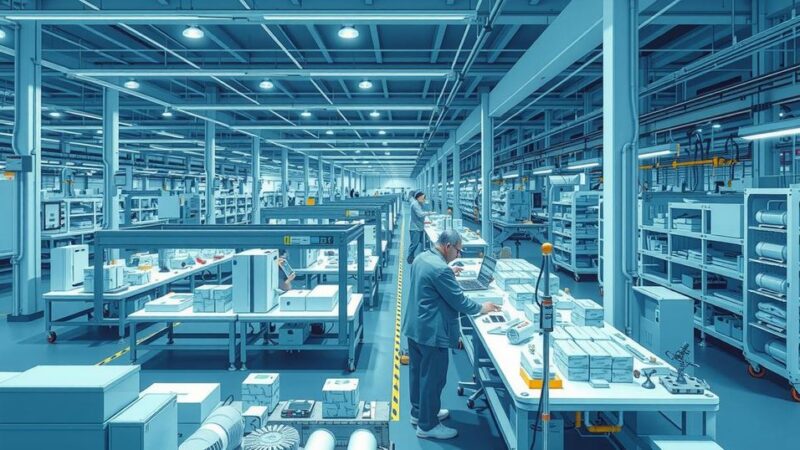Honduras is set to hold primaries for the presidential election amid public frustration over security and economic challenges. Contenders from the dominant parties face scrutiny for their connections to past leadership failures. Voter engagement remains crucial, with concerns about integrity and representation as pivotal themes.
In Honduras, voters are preparing for primaries to select candidates from the three major political parties for the presidential election scheduled for November. The atmosphere remains deeply polarized, and citizens express skepticism towards political leaders from both left and right, as they have yet to address pressing issues regarding security and the economy.
The election occurs amid President Xiomara Castro’s contentious relationship with the United States. Castro, who is the first female president of Honduras and leads the leftist LIBRE party, has proposed revoking U.S. access to a military air base and withdrawing from an extradition treaty linked to her predecessor, who faced drug trafficking charges. Furthermore, her family has faced allegations connecting them to drug trafficking organizations.
On the ballot, voters may support Rixi Moncada, Castro’s defense minister, who has been backed by the president. Critics argue that Moncada’s choice to retain her ministerial role while running for presidency undermines the electoral process, especially since the military has been charged with ballot security. Additionally, former first lady Ana García seeks the National Party nomination amidst her husband’s imprisonment in the U.S. on drug charges.
Another focal point is the Liberal Party of Honduras, where two former allies of Castro, Salvador Nasralla and Jorge Cálix, are now competitors. While Nasralla previously assisted Castro’s election campaign, he later distanced himself from her administration. Cálix, a former member of the LIBRE party, left due to conflicts with her leadership. Both express inspirations from different political figures, indicating varied approaches to governance.
In total, ten candidates will vie for the nominations across the three primary parties, along with candidates from eleven smaller parties determining their selections through internal processes. In this election, approximately 5.8 million Hondurans are eligible to vote for congressional seats and local mayorships, impacting the overall governance of the nation.
However, historical participation in primaries tends to be low, as many voters are wary of being associated with one party, fearing future employment limitations. Political analyst Miguel Cálix has expressed concerns regarding the integrity of the primary elections, alluding to previous irregularities that marred the process.
Furthermore, widespread violence and a lack of foreign investment have led to heightened unemployment and ongoing migration. Political analyst Luis León emphasizes that primaries are crucial, as they will determine which candidates have the potential to lead the country towards solutions to existing issues, stating that the best representatives must emerge if voters are to have meaningful choices in the subsequent election.
The upcoming primaries in Honduras are pivotal as they will dictate the candidates for the general election in November. Concerns about security, the economy, and political integrity highlight the deep-seated frustrations among voters. Candidates from major political parties will shape Honduras’ immediate political future, and voter engagement remains critical. The outcomes of the primaries may ultimately decide whether meaningful solutions to the nation’s pressing challenges can be established.
Original Source: www.kob.com






